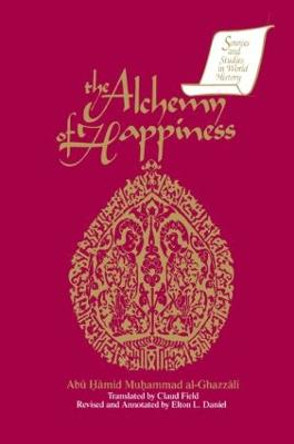Description
This book examines and contextualizes Abū Ḥāmid Muḥammad Ghazzālī’s (d. 505/1111) fierce response to antinomian and freethinking currents in twelfth-century Persia. Seyed-Gohrab offers a translation of Ghazzālī’s treatise on antinomians, and one of his religious rulings (fatwa) on the topic. Both were written after Ghazzālī’s intellectual crisis in 488/1095, when he voluntarily withdrew from his position as a Professor at the prestigious Niẓāmiyya College in Baghdad. He determined to live an ascetic life, devoting all his attention to God. In this period, Ghazzālī wrote his masterpieces in Arabic and Persian. Seyed-Gohrab shows that these two less-known works shed new light on the motivation for Ghazzālī's major works. The book depicts Ghazzālī’s Persian intellectual context, and the tumultuous political period in which a strong literary and Sufi antinomian trend emerged from the social periphery to become central to literary activities at the Saljuq court. The book also treats Ghazzālī’s Persian poetry, offering original insights into Ghazzālī’s contemporary, the celebrated polymath ʿUmar Khayyām (d. about 525/1131), whose transgressive quatrains are interpreted as a response to a suffocating religious context.
Book Information
ISBN 9783111446929
Author Ali-Asghar Seyed-Gohrab
Format Hardback
Page Count 250
Imprint De Gruyter
Publisher De Gruyter








